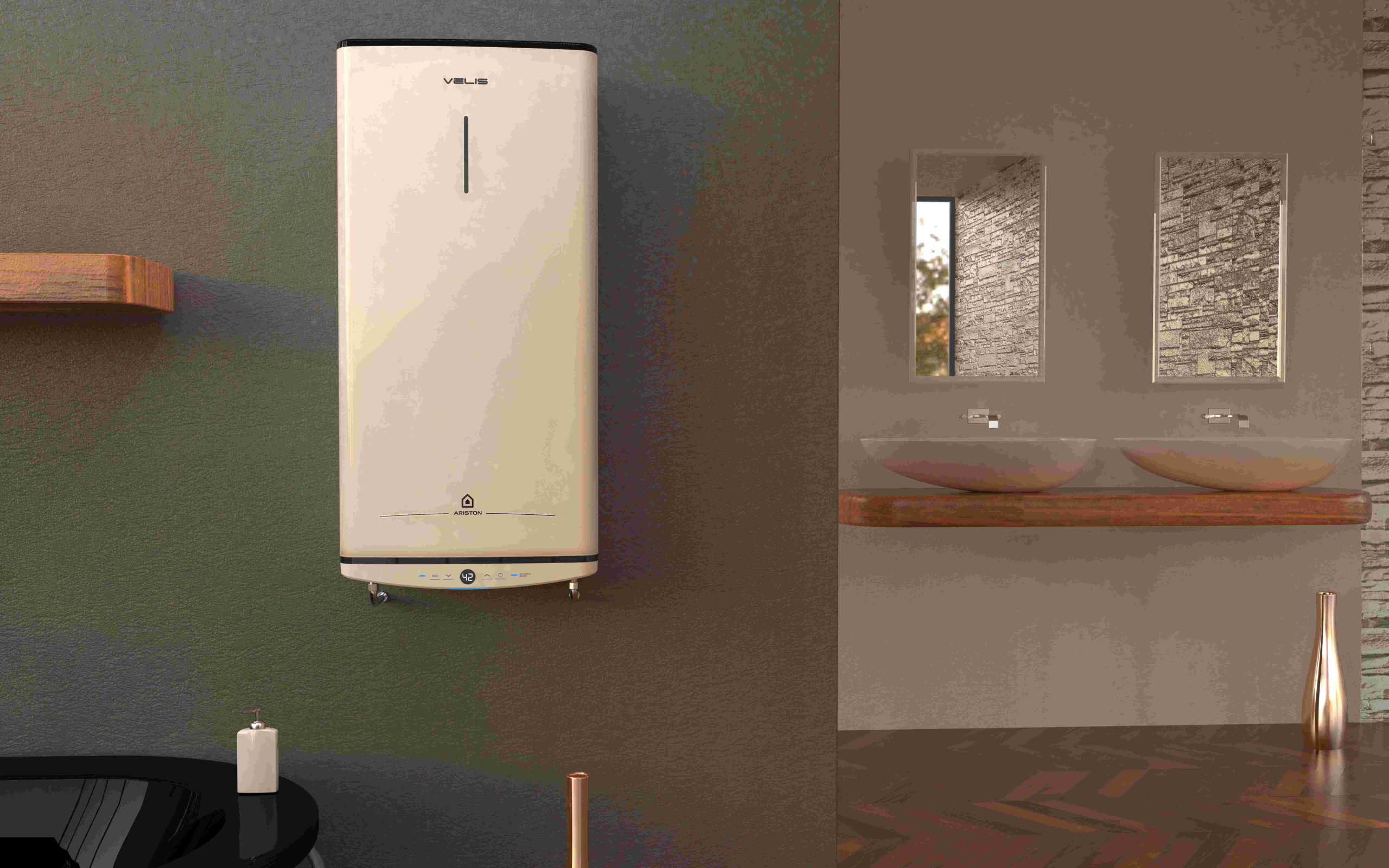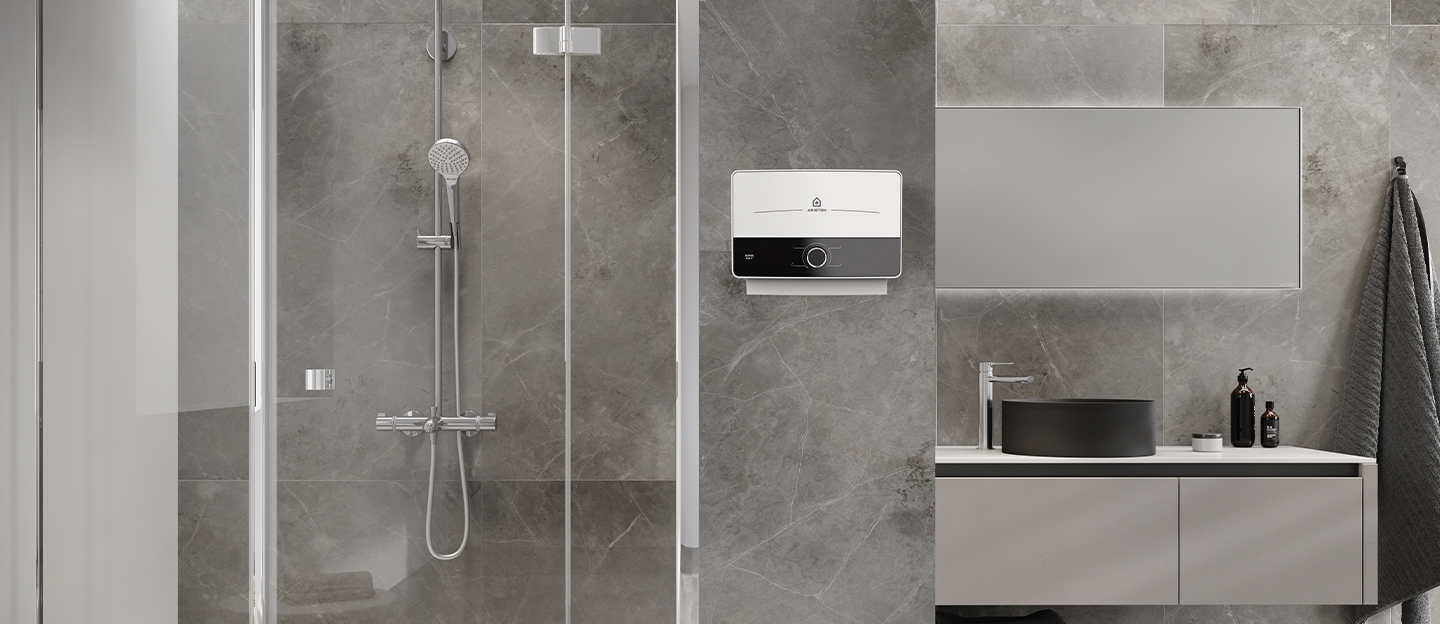Here’s Everything You Need To Know About Hydrogen Boilers
Hydrogen boilers are transforming home heating by offering a cleaner, more efficient solution for the home. Learn about the benefits of this innovative technology and how it can help.
Hydrogen Boilers: what is their energy efficiency?
Hydrogen boilers are defined as those boilers that use hydrogen as a fuel instead of traditional fossil fuels such as natural gas or oil.
Hydrogen is a viable alternative for generating energy because it is a renewable resource, which means it will never run out like fossil fuels.
Why is hydrogen considered a clean energy?
Hydrogen is a clean gas that produces only water as a byproduct of combustion, making it a promising renewable energy source for the future and one that can accelerate decarbonization processes.
Clean energy, therefore, means that hydrogen used as fuel, when derived from sustainable resources such as green hydrogen, produces no CO₂ emissions.
Consequently, the use of hydrogen boilers can help reduce carbon dioxide emissions, so air quality is also affected in a positive way.
How do hydrogen boilers work?
First off, the boiler intakes oxygen from the air and hydrogen from the connected supply. The amount of gas that can enter is controlled by the gas inlet. The size of the ignited flame depends on the amount of gas allowed in.
The gases are then mixed and ignite a flame using a burner. Hydrogen boilers incorporate a flame detection mechanism for safety purposes.
In the next step, the combustion of gases produces hot gas that moves through several pipes while cold water surrounds the gases which then become heated. The resulting hot water can be distributed to radiators or taps.
Finally, the reaction of burning hydrogen and oxygen generates water as a by-product, which must be removed from the system, causing the release of water vapour.
Why prefer a hydrogen boiler to a regular one?
• Hydrogen is Clean Fuel: First, as we have seen, hydrogen is a clean fuel, which means that its combustion produces no carbon dioxide, sulfur dioxide, or harmful particle emissions. This makes it a very attractive solution for reducing environmental impact.
• It’s Efficient & Cheaper: In addition, it is a highly efficient fuel that can produce much more thermal energy than other fuels, making it faster and cheaper to heat the environment.
What Are The Negative Aspects of Hydrogen Boilers?
Hydrogen Boiler models are very limited in the market: It is important to note that hydrogen boiler technology is still being developed and tested, and currently, these models are available in very limited numbers on the market.
• Installation of Hydrogen Boiler is Costly: Today, in fact, the cost of producing pure hydrogen is still quite high, which makes the installation of a hydrogen boiler less cost-effective than a conventional boiler.
• Hydrogen Boilers have safety related risks: Another negative aspect of hydrogen boilers is related to safety risks. Being highly flammable, hydrogen can generate explosions under certain conditions, such as the presence of a flame or spark. Therefore, hydrogen boilers must be properly designed and installed to prevent any gas leakage.
• Detection of leaks is difficult: Also not to be underestimated is the fact that hydrogen being an odorless and colorless gas makes it difficult to detect any leaks. For this reason, it would be ideal to install hydrogen boilers equipped with gas sensors and alarms that detect and report any leaks.
Are hydrogen boilers already in stores?
More and more "hydrogen-ready" boilers, also called 20% hydrogen-ready, are becoming commercially available today- that is, heating systems designed and built to be ready to run on both hydrogen and other fossil fuels, such as natural gas.
These boilers ensure reliability and are capable of autonomously adapting to fluctuations in the gas mixture, including those that dispose of the hydrogen element. These represent an advanced solution for users to decrease their environmental and domestic impact.
There are numerous projects and experiments under development to develop boilers that use 100% hydrogen, although the technical challenges this requires are many, and stem mainly from the safe management of this resource through pipelines, valves, and specific materials.
In any case, the important advances in the field make it possible to speculate that the number of 100% hydrogen boilers available on the market is likely to increase within a few years.
These are systems that undoubtedly represent an important step toward a greener future because they allow a gradual transition from the use of fossil fuels to the use of cleaner energy sources.






